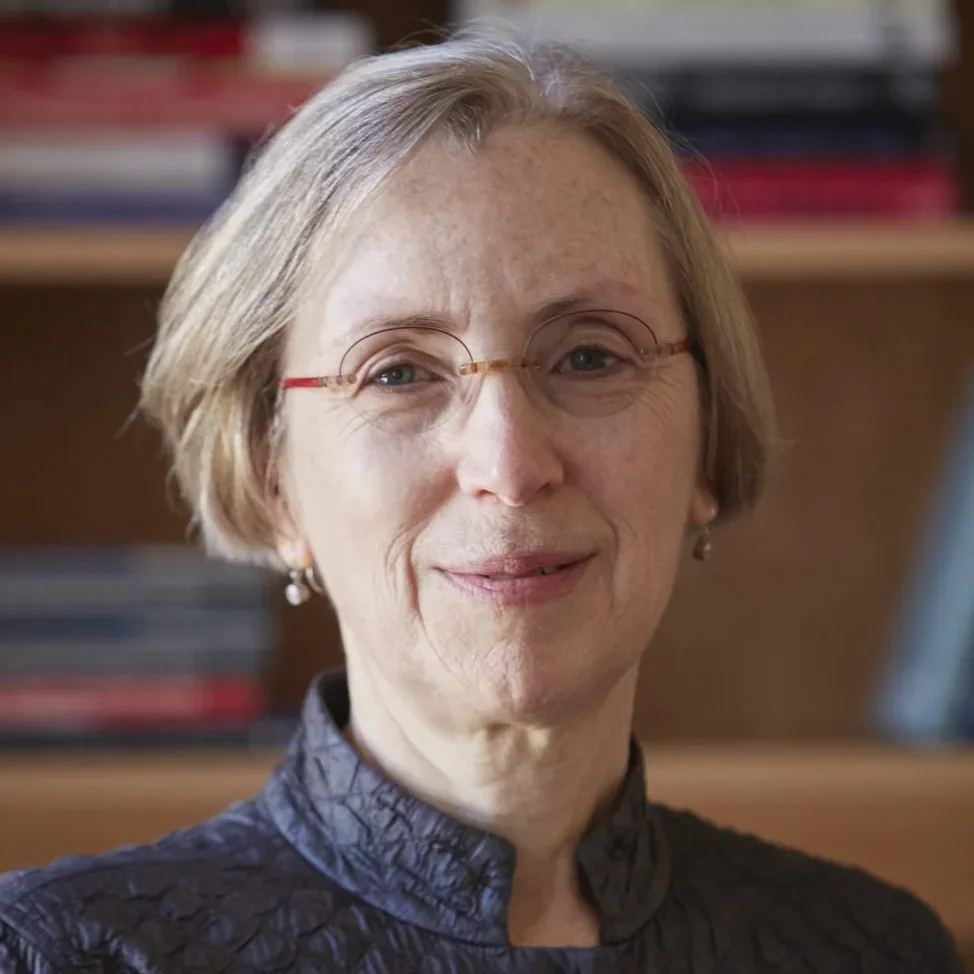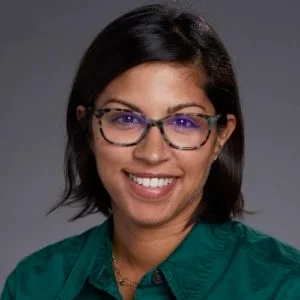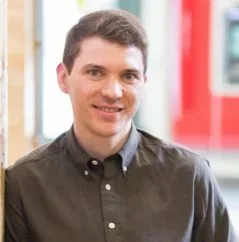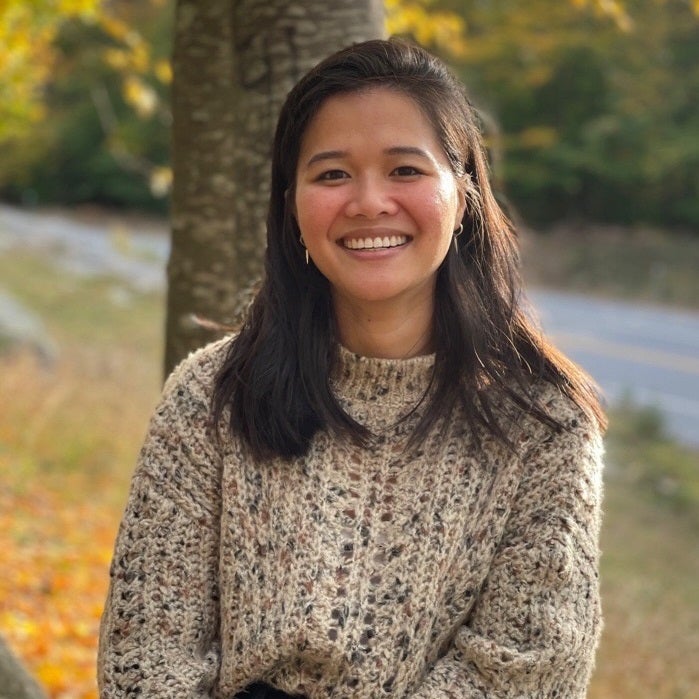Implementation Science Center for Cancer Control Equity
The Implementation Science Center for Cancer Control Equity (ISCCCE) is one of seven such centers funded by the National Cancer Institute Moonshot Initiative. ISCCCE aims to develop sustainable strategies for ensuring that all patients have access to evidence-based cancer prevention and control.
Administrative Core Team

Karen Emmons is a Professor of Social and Behavioral Science at the Harvard T.H. Chan School of Public Health. She is a behavioral scientist with a strong track record of funded research in community-based approaches to cancer prevention in a variety of settings that serve under-resourced communities, including low income housing and community health centers. Her work targets a range of cancer risk factors, including nutrition, physical activity, sun exposure, tobacco and second-hand smoke exposure, and cancer screening. Her research teams have included interdisciplinary perspectives on cancer risk reduction and health disparities, with a focus on multiple cancer risk behaviors. Dr. Emmons has a strong track record as a mentor, and is a past recipient of a mid-career K award focused on dissemination an implementation research to reduce cancer disparities. Her current work and writing focuses heavily on implementation science, particularly in community health settings, and she has been actively involved in national efforts to develop implementation research and training programs. She currently serves as the Faculty Director of the Community Engagement Program for Harvard’s Clinical Translational Science Award. Dr. Emmons is Past-President of the Society of Behavioral Medicine, and a member of the National Academy of Medicine. Karen is a Co-Principal Investigator and leads the ISCCCE team with Elsie Taveras.

Bekka Lee is a Research Scientist at the Harvard T.H. Chan School of Public Health. Bekka is also the Director of the Community Engagement Program at Harvard Catalyst providing capacity building on mixed methods, implementation science, and community-engaged research to faculty, staff, students, and community partners. Her research focuses on designing and evaluating community-based interventions that translate into real world policy and environmental change, focusing in particular on investigating the contextual factors that impact effective implementation and promote health equity. She has spent 15 years working at the Prevention Research Center on Nutrition and Physical Activity, where she conducts research and evaluation with partners at the Boston Public Health Commission, Massachusetts Department of Public Health, and YMCA. Bekka teaches courses in implementation science, program planning, and evaluation and co-directs the Leaders in Health community training program at the Harvard Chan School. Bekka is co-director of the Administrative Core and is leading a pilot study on evidence-based cancer prevention interventions in community health centers across Massachusetts.

Shoba Ramanadhan is a behavioral scientist with expertise in implementation science, cancer disparities, and community-based participatory research. Her work focuses on strengthening systems in underserved communities to leverage the best available evidence for cancer prevention and control. Her research falls into three streams. First, she designs and evaluates workforce development interventions to promote the use of research evidence within community settings in the US and India. This work also includes examinations of the impacts of staff social networks on the uptake and use of research evidence. Second, she studies the adaptation of evidence-based preventive services for use in underserved communities in the US and India. Her goal is to support strategic adaptation so that implementing organizations can increase the impact of available interventions by leveraging practice- and research-based expertise. The third stream of her work focuses on methods to incorporate practitioner expertise into the cancer prevention and control evidence base more effectively. Much of her work is conducted in partnership with community-based organizations and health-focused coalitions. Shoba is an investigator within the Methods Unit and will lead the Capacity Building site support and activities.

James Daly, MPH is a Senior Research Project Manager at the Harvard T.H. Chan School of Public Health in the Department of Social and Behavioral Sciences where he supports research at the Implementation Science Center for Cancer Control Equity (ISCCCE), Prevention Research Center on Nutrition and Physical Activity. (HPRC) and the Community Engagement Program at Harvard Catalyst. This work involves conducting and overseeing mixed-methods research involving interviews, observations, and surveys with city and state health department and community health center staff to investigate implementation outcomes and experiences. His primary research interests include addressing socioeconomic and racial/ethnic disparities in chronic disease and community-clinical partnerships. James holds a Master of Public Health degree from Boston University with a concentration in Community Assessment, Program Design, Implementation, and Evaluation. James is the Project Manager for the Administrative Core Team.

Trang Nguyen-Dafforn is the Program Coordinator for Harvard Catalyst Community Engagement Program (CEP), and provides project management and administrative support for CEP. Before joining the team in June 2020, she worked as an Executive Coordinator at Harvard Medical School Executive Education, and worked on building programs that engage business leaders whose work impacts health care and expose them to the real-world practice of medicine, cutting-edge trends in science, clinical workflows and health care delivery.
Trang holds a Bachelor of Science in Public Health and Business Administration with a minor in Healthcare Management from Simmons University.